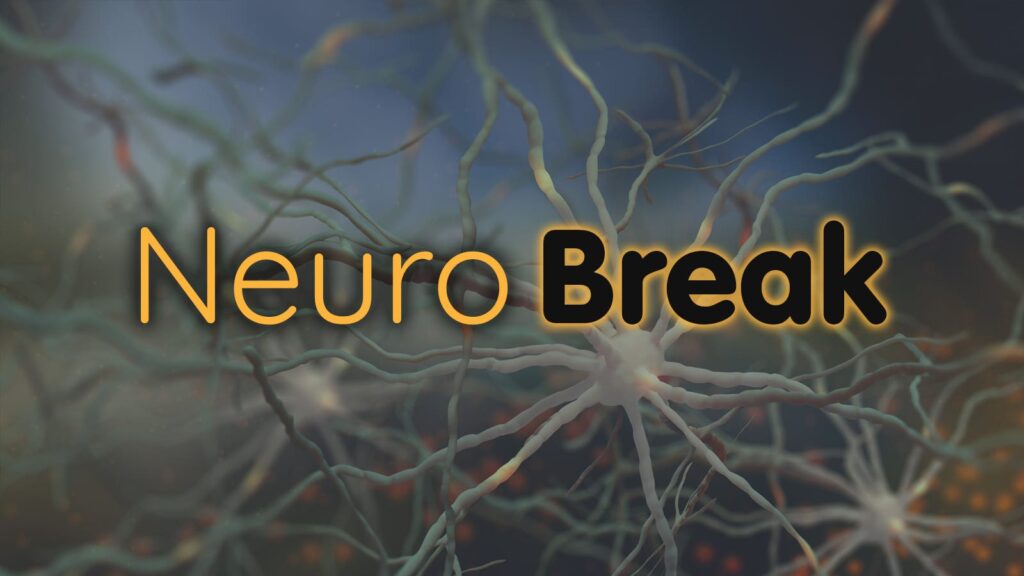Why do some people with dementia experience a brief lucid period before death? (The Conversation)
Clinicians should outline uncertainties about potential risks like brain volume loss associated with anti-amyloid drugs when counseling Alzheimer’s patients considering treatment, researchers said. (JAMA)
The protein FLVCR2 appeared to be a blood-brain barrier choline transporter that’s responsible for most choline uptake into the brain. (Nature)
New-onset small fiber neuropathy after SARS-CoV-2 infection was responsive to treatment with intravenous immune globulin (IVIG), a case-control analysis showed. (Neurology)
Intravenous acyl-ghrelin was safe and potentially effective in improving neurologic outcome of people in a coma after cardiac arrest. (JAMA Neurology)
Repetitive transcranial magnetic stimulation improved cognition and increased functional connectivity between the hippocampus and precuneus in people with early Alzheimer’s disease, a small trial in Korea found. (JAMA Network Open)
Using 7-Tesla resting-state functional MRI data from the Human Connectome Project, researchers mapped a subcortical brain network that may integrate arousal and awareness in human consciousness. (Science Translational Medicine)
The FDA scheduled a June 10 advisory committee meeting to discuss investigational donanemab for early symptomatic Alzheimer’s disease, Eli Lilly said.
Focal nonmotor seizures in adolescents often were missed in the emergency department, a small study showed. (Neurology)
Medtronic said it received FDA approval for its Inceptiv closed-loop spinal cord stimulator to treat chronic pain.
The Harvard Business Review published a manager’s guide to long COVID at work.
-
Judy George covers neurology and neuroscience news for MedPage Today, writing about brain aging, Alzheimer’s, dementia, MS, rare diseases, epilepsy, autism, headache, stroke, Parkinson’s, ALS, concussion, CTE, sleep, pain, and more. Follow
Please enable JavaScript to view the

